Finding Responsible Consumption of Shark and Ray Products in Banyuwangi, East Java
November 2024
In Indonesia, sharks and rays are currently caught both as targeted species and bycatch, largely due to the economic value of their fins in the global market. Additionally, across the country, these species hold cultural significance, with their meat and other body parts being part of a long-standing culinary tradition. However, the rising demand for these products—often undocumented and unregulated—poses challenges for sustainable fisheries and the protection of endangered species. Recognizing the complex role these species play in traditional diets, Mobula Project Indonesia is dedicated to promoting responsible consumption practices that benefit both communities and marine ecosystems.
The Mobula Project Indonesia team measuring a landing devil ray
Mobula Project Indonesia is actively working in Muncar, East Java, aiming to support conservation efforts on a national level by providing robust data and raising awareness among stakeholders. The project currently focuses on understanding how shark and ray species are used in local food traditions. By examining how these species are integrated into daily diets and exploring ways to shift demand toward more sustainable options, Mobula Project Indonesia hopes to develop conservation strategies that respect cultural practices while protecting vulnerable marine species.
Shark and ray meat for sale in the market
To gain a comprehensive understanding of shark and ray consumption in Muncar, Mobula Project Indonesia’s team conducts detailed surveys in local markets. Through shark and ray landing monitoring, interviews with fishers, fish processors, families, and consumers, the team learns about the cultural and economic factors driving demand for shark and ray meat. These insights are essential to identifying which species are most commonly consumed and assessing the sustainability of the supply chain. By documenting the species sold, quantities traded, and preparation methods, Mobula Project Indonesia is building a clearer picture of how traditional food systems impact local shark and ray populations.
The Mobula Project Indonesia team interviewing a fisher
The team is also collecting tissue samples from sharks and rays to analyze heavy metal contaminants, including mercury (Hg), lead (Pb), cadmium (Cd), and arsenic (As). This research aims to shed light on potential health risks associated with consuming these species, as they can accumulate harmful metals through the food chain. By understanding the levels of contaminants present, Mobula Project Indonesia can provide valuable data to BPOM Indonesia (Indonesia’s National Agency of Drug and Food Control), supporting efforts to develop regulations that protect public health. These findings will help guide safer consumption practices and ensure that consumers are informed about the risks associated with certain shark and ray products.
Shark and ray meat for sale in the market
Mobula Project Indonesia’s research is part of a broader strategy to encourage responsible consumption of elasmobranch products. The project is exploring alternative, sustainable options that can meet local nutritional needs without relying on endangered species. By improving traceability in the supply chain and educating communities about species vulnerability, Mobula Project Indonesia aims to reduce reliance on unsustainable practices and help protect Indonesia’s marine biodiversity. This project is supported by WWF’s Education For Nature program as part of Irianie’s Masters Fellowship.
IRIANIES GOZALI
Mobula Project Indonesia





